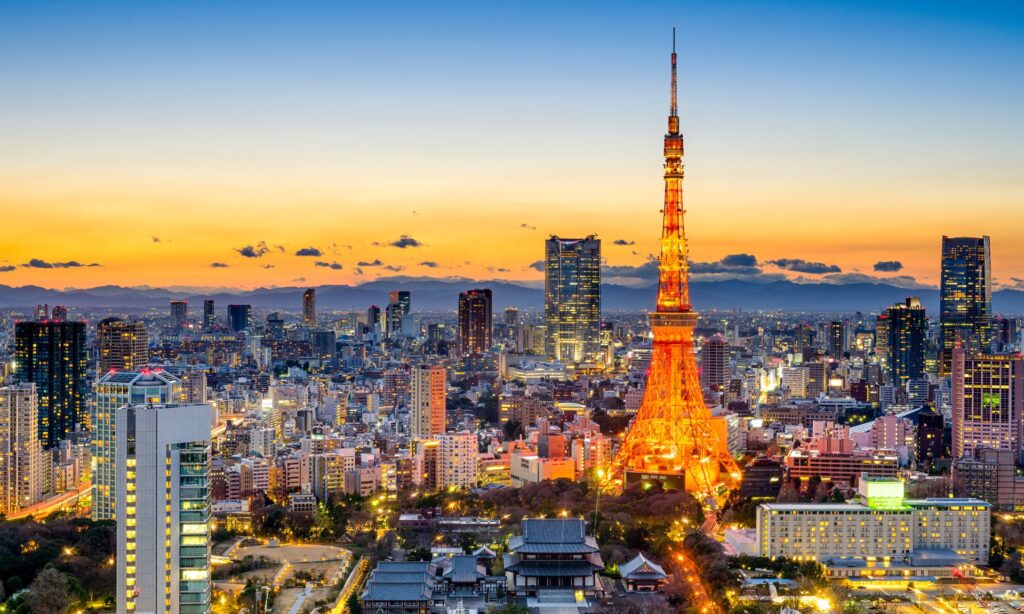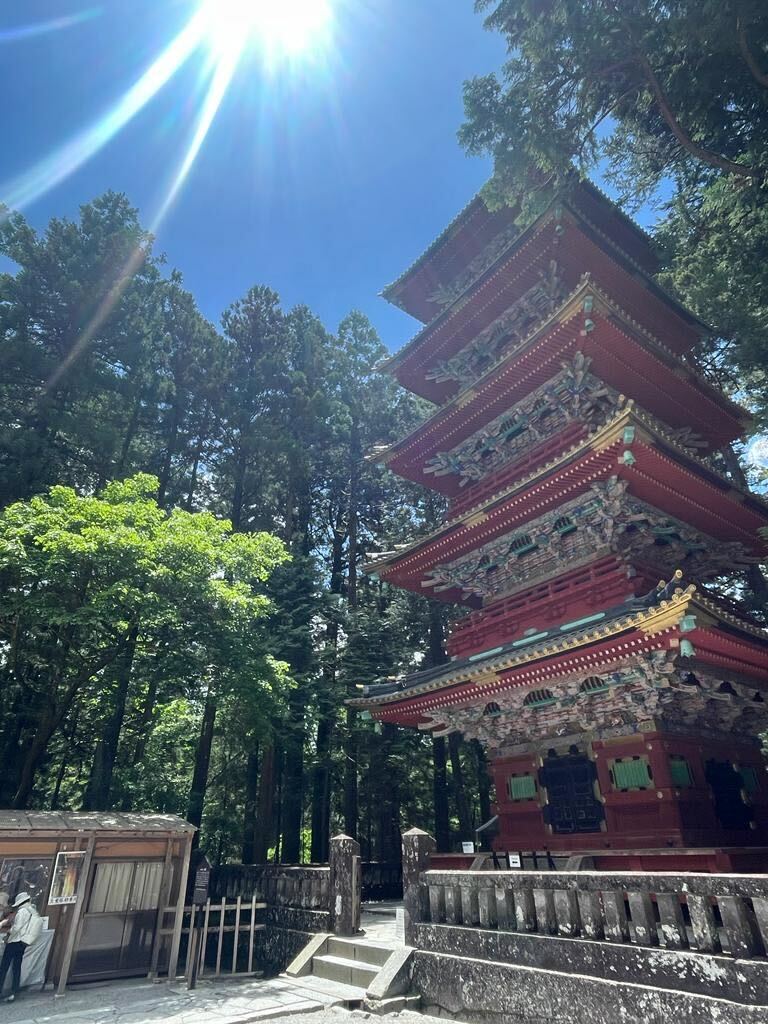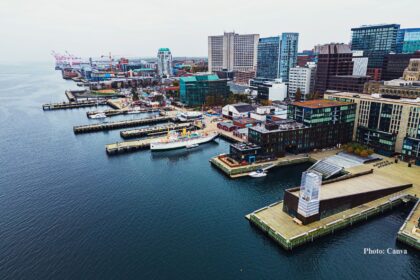Introduction
Japan, with its rich cultural tapestry, technological marvels, and stunning landscapes, has always been a magnet for travelers worldwide. Whether you’re a citizen of the United States or from another corner of the globe, planning a trip to Japan involves a bit of preparation. Here’s a comprehensive guide to the travel requirements for both US and non-US visitors.
Traveling to Japan from the United States
Passport and Visa Requirements:
- All US citizens traveling to Japan must possess a valid passport. Ensure that your passport is valid for at least the duration of your stay.
- A tourist visa is not required for stays of up to 90 days, thanks to the Visa Waiver Program. However, visitors must enter Japan for tourism or business purposes only.
Customs and Regulations:
- Japan has strict regulations regarding the import and export of certain items. Familiarize yourself with the customs guidelines to avoid any complications during your entry and exit.
Health Precautions:
- As of my last knowledge update in January 2022, there were no specific vaccination requirements for US citizens traveling to Japan. However, it’s advisable to check the latest health advisories and recommendations before your trip.
Transportation:
- Most US visitors will likely fly into major airports like Narita International Airport or Kansai International Airport. Ensure you have the necessary arrangements for transportation from the airport to your destination.
READ ALSO: How to Travel Japan on a Budget: Ultimate Shoestring Guide
Currency and Payments:
- The currency in Japan is the Japanese Yen (JPY). While credit cards are widely accepted in urban areas, it’s wise to carry some cash, especially when venturing into more rural regions.
Language:
- English is not as commonly spoken in Japan as in some other tourist destinations. Basic Japanese phrases can be handy, and translation apps can be useful for navigating menus and signs.
For Non-US Visitors

Passport and Visa Requirements:
- Non-US citizens should check the visa requirements based on their nationality. Japan has different visa policies for different countries, and some visitors may need to obtain a visa before traveling.
Visa Application Process:
- Non-US citizens requiring a visa should initiate the application process well in advance. The application process may include providing proof of accommodation, round-trip flight reservations, and financial statements.
Customs and Regulations:
- Just like US visitors, non-US citizens must adhere to Japan’s customs regulations. It’s crucial to be aware of the prohibited and restricted items to ensure a smooth entry and exit.
Health Insurance:
- While not mandatory, having travel health insurance is highly recommended for all visitors. It can be essential in covering unexpected medical expenses during your stay.
Cultural Sensitivity:
- Understanding and respecting Japanese customs and etiquette is vital for all visitors. This includes bowing, removing your shoes in certain places, and following specific dining etiquette.
Local Embassies and Consulates:
Non-US citizens should make a note of the location and contact details of their country’s embassy or consulate in Japan. This information can be valuable in case of emergencies or unforeseen circumstances.
Remember, travel requirements can change, so it’s crucial to check the latest updates from official sources or consult with your travel agent. Whether you’re a citizen of the United States or any other part of the world, embracing Japan’s unique blend of tradition and modernity begins with careful planning and respect for its customs.
Frequently Asked Questions on Japan Travel Requirements for US and Non-US Visitors

The following are the Frequently Asked Questions on Japan Travel Requirements for US and Non-US Visitors:
Do US citizens need a visa to visit Japan?
No, US citizens do not need a visa for stays in Japan of up to 90 days, thanks to the Visa Waiver Program. However, a valid passport is required.
What if I want to stay in Japan for more than 90 days as a US citizen?
For longer stays, a visa is required. It’s essential to apply for the appropriate visa through the Japanese embassy or consulate well before your intended travel date.
Are there any specific health requirements for US visitors to Japan?
As of my last update in January 2022, there were no specific health requirements, but it’s advisable to check for any health advisories or recommendations before traveling. Travelers are encouraged to have travel health insurance.
What documents do non-US visitors need for a Japanese visa?
Non-US visitors should typically provide proof of accommodation, round-trip flight reservations, and financial statements during the visa application process. Requirements may vary by nationality.
Is it possible to enter Japan without a return ticket for non-US citizens?
Having a round-trip ticket is often a visa application requirement. It’s recommended to check the specific visa requirements for your nationality and ensure compliance.
Can I use my credit card everywhere in Japan?
While credit cards are widely accepted in urban areas, it’s advisable to carry some cash, especially in more rural regions. ATMs are available, but some may not accept foreign cards, so having cash on hand is beneficial.
Are there any restrictions on bringing items into Japan?
Yes, Japan has strict regulations on importing certain items. It’s essential to be aware of these restrictions to avoid any issues during customs checks.
What languages are commonly spoken in Japan?
Japanese is the official language. While English is spoken in tourist areas and by some locals, it’s helpful to learn basic Japanese phrases or use translation apps for smoother communication.
Is travel insurance necessary for a trip to Japan?
While not mandatory, having travel health insurance is highly recommended for all visitors. It can provide coverage for unexpected medical expenses and other unforeseen circumstances.
What should I be aware of regarding Japanese customs and etiquette?
Understanding and respecting Japanese customs is crucial. This includes bowing, removing shoes in certain places, and following specific dining etiquette. Familiarizing yourself with these cultural aspects enhances the overall travel experience.
What do I do in case of an emergency during my stay?
Non-US citizens should make note of the location and contact details of their country’s embassy or consulate in Japan. US citizens can contact the US Embassy or Consulate for assistance in emergencies.
Remember, travel requirements can change, so it’s advisable to check official sources or consult with relevant authorities for the most up-to-date information before your trip to Japan.
Conclusion
Embarking on a journey to Japan, whether you’re a US citizen or traveling from another part of the world, opens the door to a captivating blend of tradition, innovation, and natural beauty. Navigating the travel requirements is a crucial step in ensuring a seamless and enjoyable experience in the Land of the Rising Sun.
For US citizens, the Visa Waiver Program allows for a visa-free stay of up to 90 days, making the initial planning relatively straightforward. However, it’s essential to be mindful of the duration and purpose of your visit. If your stay extends beyond 90 days or involves specific purposes like work or study, obtaining the appropriate visa is a necessity.
Non-US visitors, on the other hand, must navigate the intricacies of visa applications, considering factors such as proof of accommodation, round-trip flight reservations, and financial statements. Familiarity with these requirements and adherence to customs regulations will pave the way for a smooth entry and exit.
Regardless of nationality, health considerations, language awareness, and cultural sensitivity play vital roles in ensuring a fulfilling visit to Japan. From the bustling streets of Tokyo to the serene landscapes of Kyoto, each moment in Japan offers a unique opportunity to explore and appreciate the country’s rich heritage and contemporary allure.
As you prepare for your Japanese adventure, staying informed about the latest travel advisories and requirements is key. Check official sources, consult with relevant authorities, and be proactive in planning to make the most of your time in this enchanting destination. Japan’s fusion of tradition and modernity awaits, promising an unforgettable journey for every traveler. Safe travels!
In another related article, Top 5 Budget-Friendly Cities in Japan for Travel Savings and Essential Security Tips






